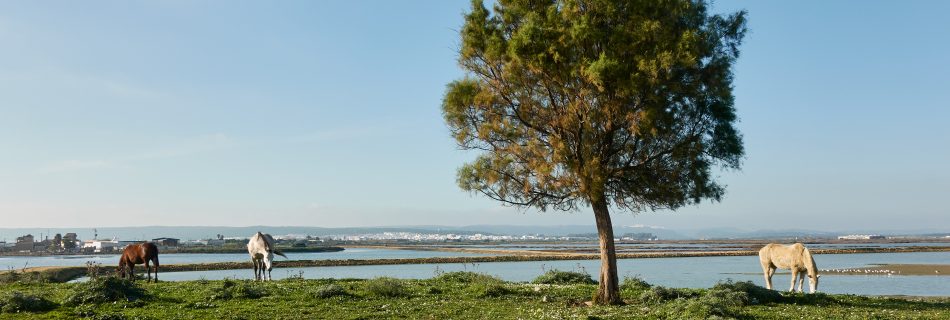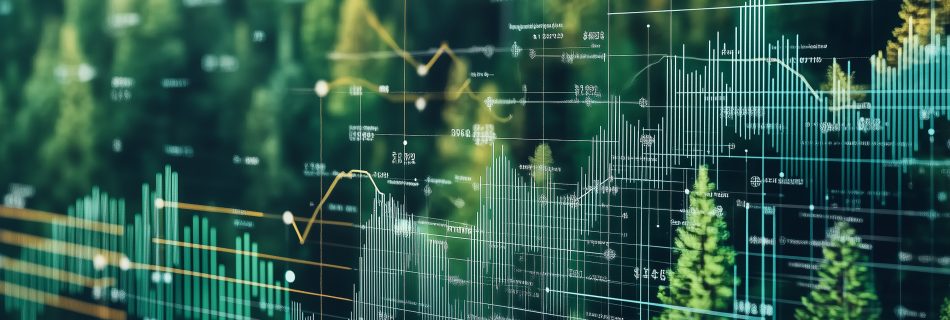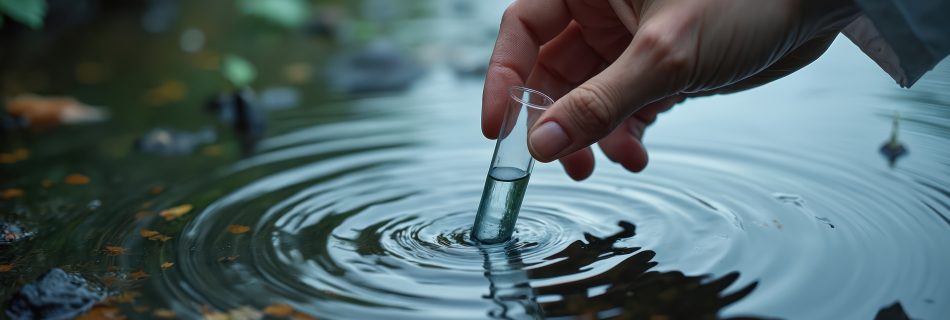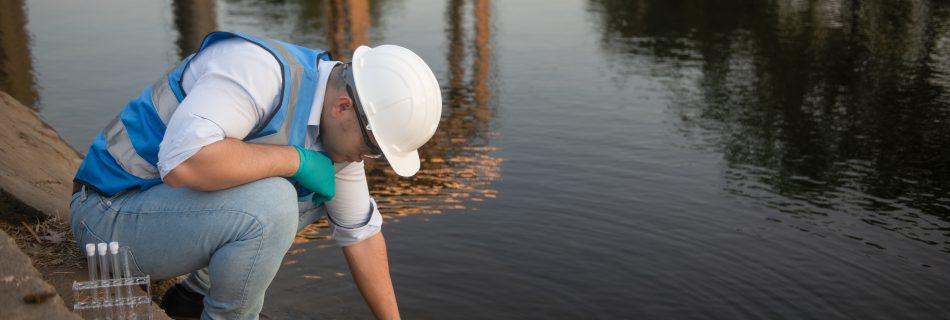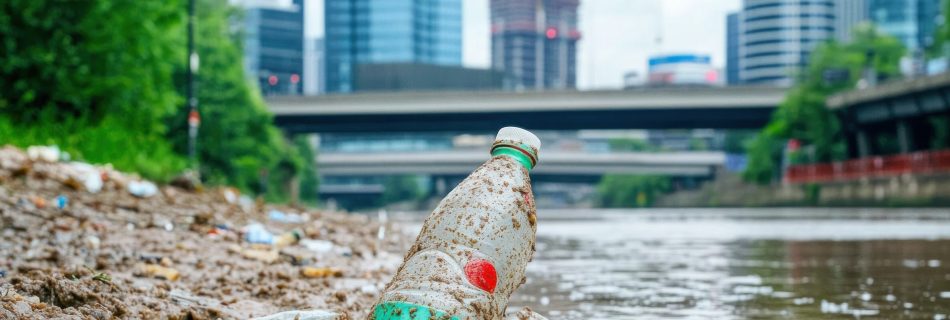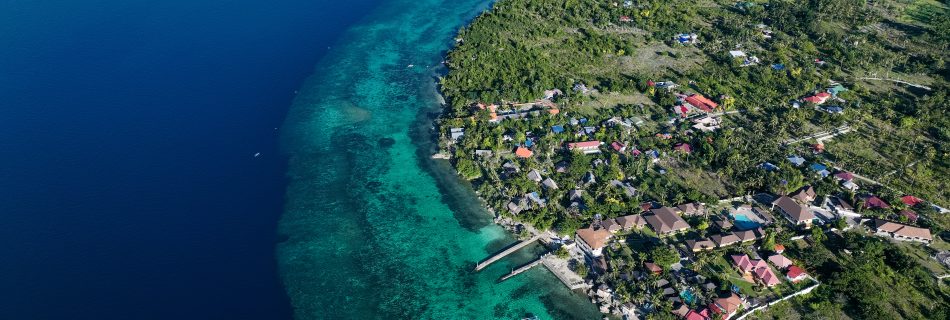Harnessing Nature’s Solutions
Engineering alone cannot stem the tide of pollutants; ecosystems can help. Recent syntheses show that vegetated wetlands remove up to 89 % of certain antibiotics and 65 % of resistant genes from influent waters, while simultaneously trapping microplastics in root mats. Field trials in Asia and Europe confirm that antibiotic-resistance loads fall along flow paths …

